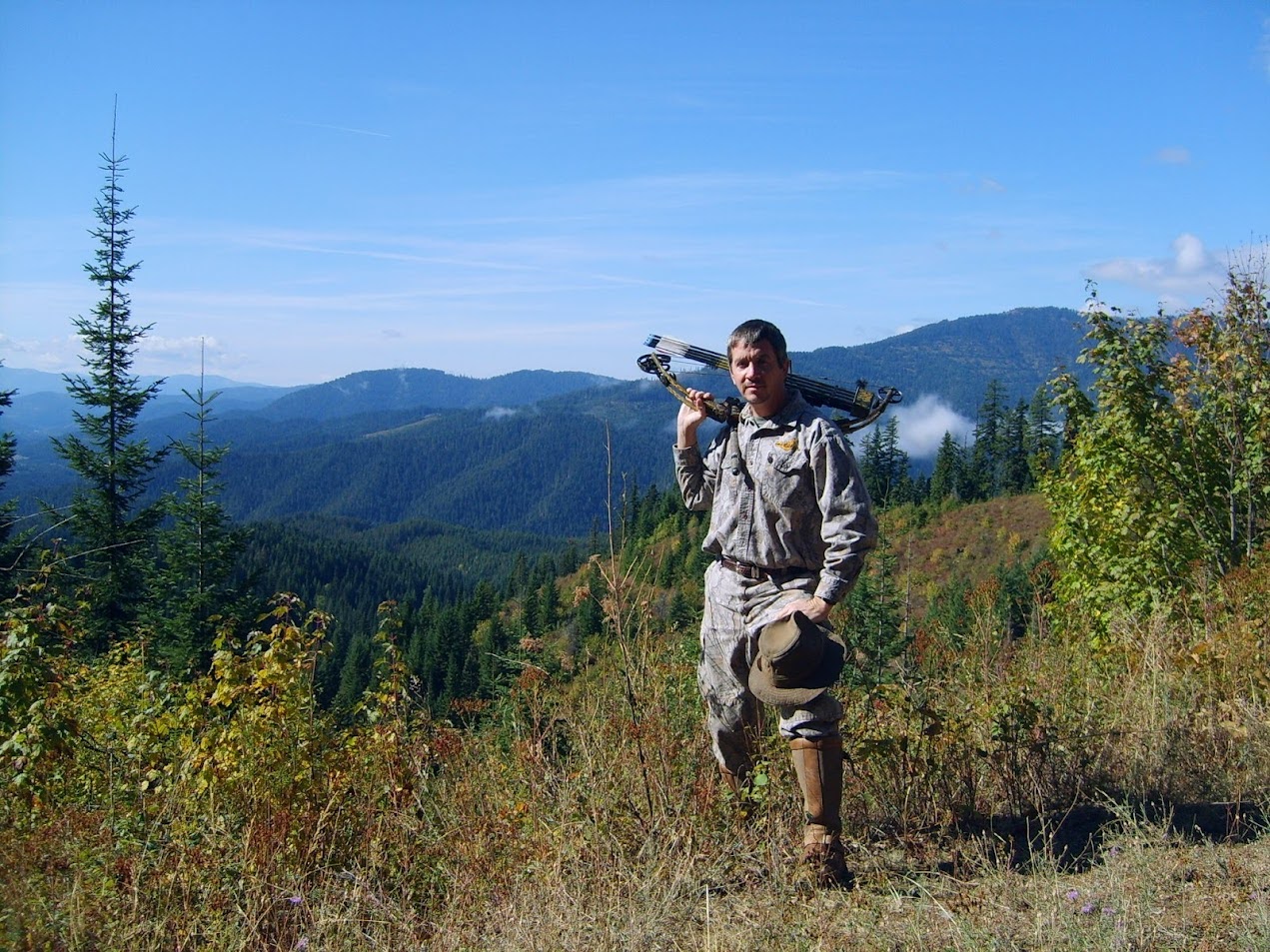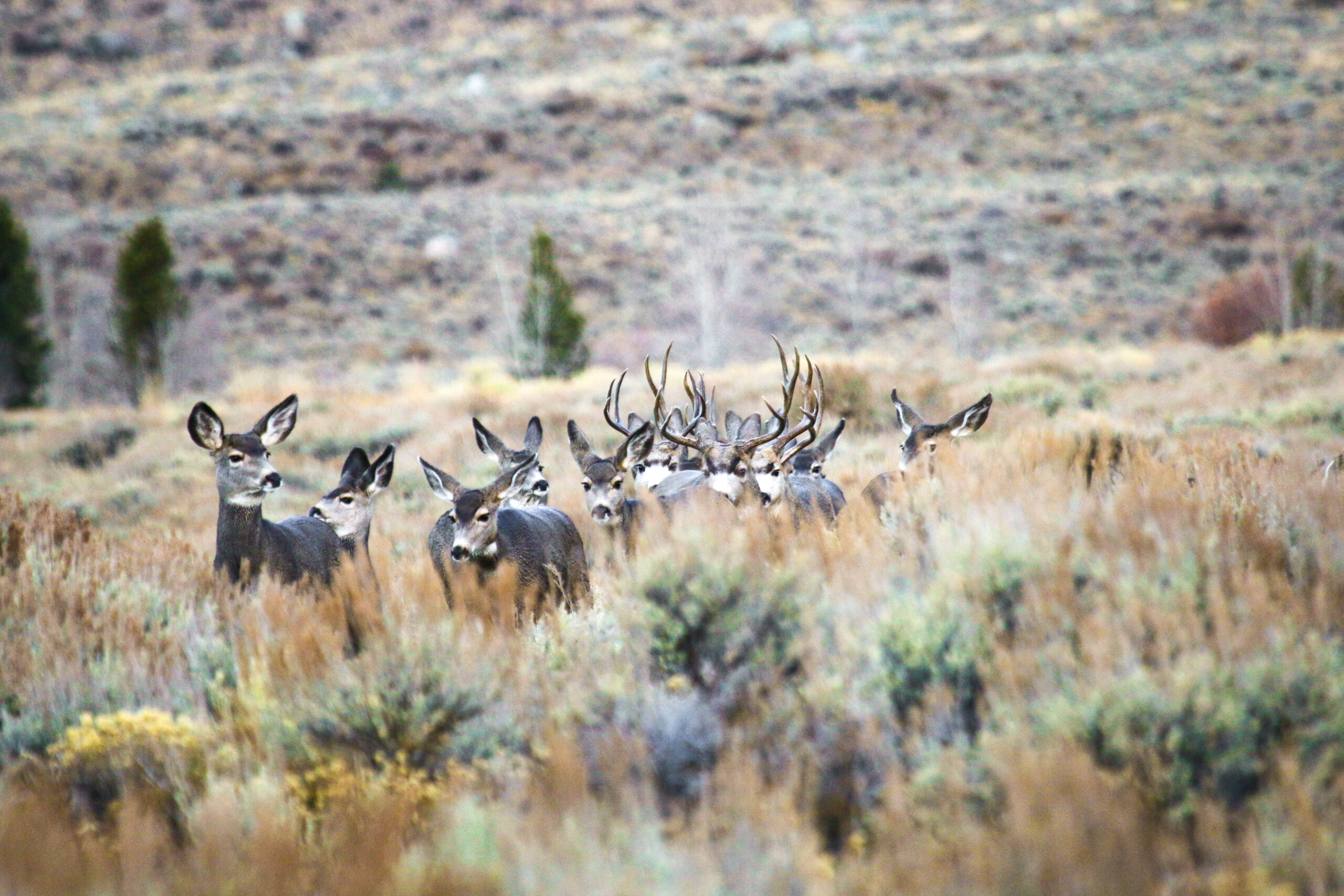A Fund Worth Conserving
Voices from the Field: Sportsmen Speak Out
I grew up in the great state of New Jersey – not exactly a place that comes to mind for outstanding outdoor opportunities or building strong sportsmen’s roots. Yet, there are plenty of both. Growing up in the country, I learned to hunt and fish with my family from a very young age. I was fortunate that mine was a farming family because it gave us places where I could safely learn to hunt squirrels and rabbits, ducks and geese.

Photo by Whale Tail Outdoors
The Land and Water Conservation Fund is the nation’s oldest program dedicated to conserving natural areas for recreational access like hunting and fishing, as well as many other outdoor pursuits. Chances are that if you hunt, fish, hike, bike, camp, birdwatch or enjoy another outdoor activity on federal or even many state public lands, then you have personally felt the benefits of LWCF.
For 50 years, LWCF has protected national treasures like historic areas and national parks. It has opened up access points to national forests and other public lands. It has helped acquire lands near and within national forests and other federal lands to improve recreational opportunities. And thanks to LWCF, we also have access to some of the finest fishing on streams, lakes and coastlines across the country.
Additionally, LWCF has benefited wildlife on these public lands in a number of ways. The fund has protected valuable mule deer and elk winter range from encroaching development, as well as secured easements on private lands in the great duck factory of the Prairie Pothole Region, one of the most important nesting areas for waterfowl in the U.S. Most importantly, LWCF has conserved these habitats and provided improved access to public lands without using taxpayer dollars. Instead, the funds come from revenues from offshore oil and gas development.
Photo by Aaron Kindle
LWCF has worked effectively for half a century. It is a program that doesn’t need drastic changes as some members of Congress seem to think. It just needs to be fully funded and reauthorized so that it can do what it has been doing well for so many years.
We as hunters and anglers need to make sure Congress realizes how important LWCF is for our access to public lands and for providing healthy habitat for our fish and wildlife. Let Congress know that they need to act now before the clock winds down on last minute negations for the federal budget.
 About the Author: As owner and President of Jodi Stemler Consulting, Jodi has 20 years of experience in the natural resource conservation field. Prior to starting her consulting business, Jodi worked for a state fish and wildlife agency as well as non-profit conservation organizations in Washington, D.C. Jodi currently lives in Denver, Colorado.
About the Author: As owner and President of Jodi Stemler Consulting, Jodi has 20 years of experience in the natural resource conservation field. Prior to starting her consulting business, Jodi worked for a state fish and wildlife agency as well as non-profit conservation organizations in Washington, D.C. Jodi currently lives in Denver, Colorado.







